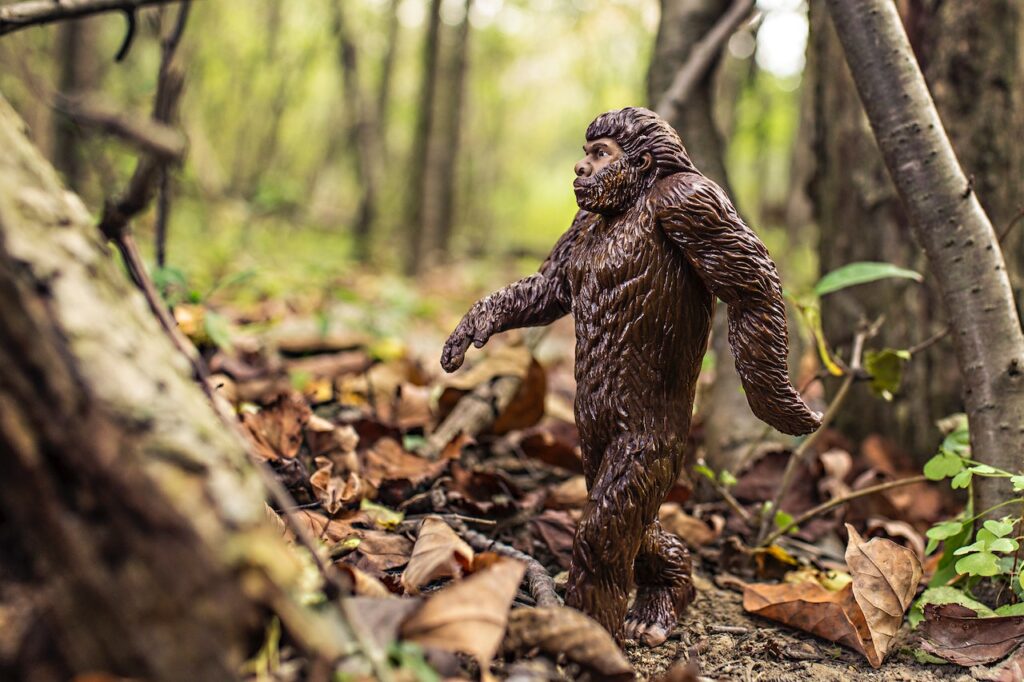
People are constantly kissing all around the world. In most cultures it is completely normal for people to kiss and show affection in that way. Nonetheless some cultures have different ways of showing affection. Namely around 650m people —or about 8% of the world do not indulge in kissing at all.
So, while most cultures embrace the kissing in one way or another, many have contrary views on its practice. This has led some to thinking that kissing is purely cultural and that it is perhaps learned.
Others believe it serves as a biological function to help in sexual selection. It’s more probable that the answer lies somewhere in between. While we all share the biological imperative to kiss, its style and expression is shaped by our culture, experience, education, and overall upbringing.
Related: When did humans first start lying?
So how did it first start? And how did that really look like when we go deep enough in history, especially taking into consideration different hygiene issues that people had hundred and thousand years ago.
History of kissing

The first kiss. Smooching? When did it happen? Who “invented” kissing? How did kissing become sign of affection? Is kissing natural or learned? Let’s delve more into these topics.
Some scientists and historians believe that one form of osculating began millions of years ago as a result of mouth-to-mouth feeding (Premasticated food transfer). It is believed that this was part of the feeding process where mammal mothers chewed the food and then forced it into the mouths of their children.
However, there are some present-day native cultures that practice mouth-to-mouth feeding but not social kissing.
So, anthropologists are divided on how exactly kissing started. Some believe in the theory that we just explained (part of feeding process). This theory is also connected to our evolution as only animals known to kiss are bonobos and chimpanzees so it would make sense that our ancestors passed this skill and habit to us.
Others believe that kissing is a learned behavior. They explain it by saying that the Greeks learned about it when Alexander the Great invaded India in 326 B.C. This is because different Vedic Sanskrit texts, written in India around 1500 B.C., describe people kissing. Or it seems like those texts describe kissing. We don’t really know.
Most famous anthropologist who explained origins and history of kiss is Vaughn Bryant from Texas’s A&M University. Namely he specializes in the history of kiss and has published many articles and interviews on kiss and its origin.
He states that kissing-like behavior probably comes from Vedas, Sanskrit scriptures and religious texts which informed the religion of Hinduism.
Those texts describe the practice of rubbing and pressing noses together.
Bryant said: “Eventually, someone slipped and found that the lips were very sensitive and found it pleasurable. That’s one theory on how it started.”
The historic reference continues with the famous Kama Sutra, a classic text on erotica dated to 400 BCE–200 CE. In Kama Sutra there were many descriptions of kissing and various techniques. Actually, there was one whole chapter devoted to kissing.
Under the Romans, kissing became more prevalent. The Romans kissed their lovers, friends, and family, and of course – rulers. They distinguished a kiss on the lips (basium) from a kiss on the cheek (osculum) and a deep or passionate kiss (savolium).
Kissing played a significant role also in the early Christian Church. Christians often greeted one another with so called holy kiss. According to this tradition, the holy kiss caused a transfer of spirit between the two people kissing.
Interesting huh?
Ok, so fast forwarding to 18th and 19th century we also have something that is called hand kiss. Namely, between 1760 and 1840, during the Industrial Revolution, the hand kiss became popular in England and eventually evolved into handshaking.
The rest is history as they say.
Kissing in prehistoric times

Now in modern times we have many different ways of kissing, and it is completely normal to see two people (of any race or gender) kissing on the streets. And this is great.
But what did people do with regards to kissing long long time ago? We are talking prehistoric ages.
How come they did not kiss?
Well mostly they were preoccupied with pure survival. And also, we don’t have enough historical data (about kissing and human behavior) to know exactly what happened 100,000 years ago. Perhaps people kissed and smooched all the time.
But it is not really probable. Just imagine human male and female kissing passionately in dark, cold, and smelly cave. They had other things on their mind. Touching each other’s lips would not serve them any good at that point in time.
Additionally, one must bear in mind that people of that time did not brush their teeth. And they were eating everything they could find; fruit, leaves, flowers, insects, and meat.
So just imagine how gross and smelly that kiss would be. Almost unimaginable.
However, we really have no idea. Perhaps our ancestors in caves did many different romantic things like kissing or hugging.
Namely, through smell and touch people can assess all kinds of information about others. Perhaps, 100,000 years ago people used kissing as a method of finding out if someone is sick. It’s just a speculation of course, but potentially first kiss came long time ago as a way of checking someone’s health.
For now, we can only factually confirm something that we have evidence for, and those are mostly written texts as explained at beginning of this article.
In the future who knows how the act of kissing will evolve. Perhaps people will not kiss anymore as everybody will be constantly connected to their computers and devices.
Perhaps the virtual kiss in the matrix will be the only remnant of good old times of natural kissing.
Note: If you enjoyed this article you might also enjoy following articles:




















